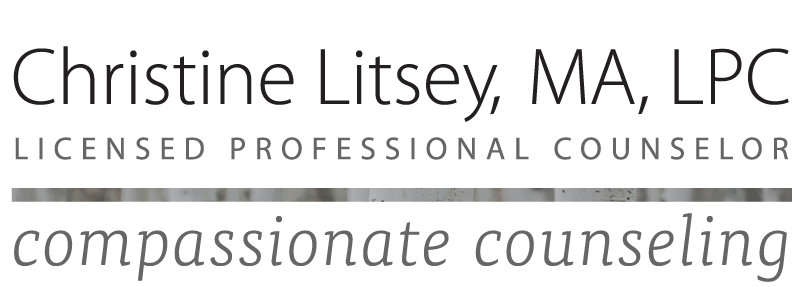SPECIALTIES
Trauma
When traumatic events impact our life
Many people underestimate the impact of a past or ongoing traumatic event and are not aware that trauma can provoke ongoing psychological and physiological symptoms. I provide a trauma-informed setting for my clients and have experience working with survivors of rape, sexual assault and domestic violence and abuse, as well as other traumatic events, such as grief and loss or systemic and enduring forms of trauma due to racism, socio-economic issues or bullying. Trauma manifests itself in the body, and can result in somatic (body-based) symptoms such as aches and pains, as well as anxiety and panic attacks, depression, sleep loss, bad dreams and avoidance behavior when confronted by triggering events. Trauma processing requires that the client and therapist develop a strong, collaborative relationship. This promotes an atmosphere of trust, safety and patience as the traumatic symptoms and/or events are sensitively explored and processed. I am an EMDRIA-trained EMDR (Eye Movement Desensitization and Reprocessing) clinician and offer this therapeutic modality, as well as other treatment modalities, for clients whose lives have been impacted by traumatic events.
Grief, Loss and Bereavement
When it seems like life can never be the same
We experience loss in many ways. It can mean the loss of a family member or friend through death, chronic illness or a change in relationship, the ending of a romantic partnership, losing a job, a challenge to one’s health or an adjustment to unwelcome or unexpected changes on a societal or personal level. Loss can be sudden or take months or years to manifest itself. Loss can be complicated. We can find ourselves filled with remorse or guilt, in addition to great sadness, or be puzzled and ashamed by a sense of relief after the loss or event has occurred. We often believe that we “need” to act in a certain way when faced with loss and are made uncomfortable when we can’t or don’t live up to those expectations.
Grief over a loss in our life can subside quickly or last, in moderation, for the rest of our lives. It is important to acknowledge that all forms of loss are devastating and cause a significant impact in our lives. Most reactions to loss are considered normal. There are no hard and fast rules how we cope with grief. Everyone is unique and we have the right to grieve in our own way. However, if your reaction to loss continues to severely impede your daily functioning or exposes you to acute symptoms after a prolonged period of time, working with a therapist can provide support and calm symptoms.
Young Adults and Parents
When it’s tough to navigate the unique years between childhood and adulthood
Many young adults are seeking support for family, peer and academic concerns, in addition to ethnic, sexual and gender identity issues. They might struggle with:
• depression
• anxiety
• obsessive compulsive tendencies
• ADD or ADHD
• trauma and assault histories
• relationship issues
• suicidal ideation
As a former Guardian ad Litem, restitution and family mediator and educator, in addition to raising two children of my own, I have worked with young adults and their parents for many years. As an on-site therapist in the San Jose Unified District high schools, I worked with many students who felt and functioned better after our sessions together. They were able to explore how they saw themselves and how that aligned with their goals and life within their family, learning and implementing strategies to get through difficult situations and communicate more effectively.
Relationships
When your relationships need loving care
One of the most distressing situations for clients is the feeling of not being understood or appreciated by the people they care about or have to interact with. That is why communication often emerges as a key area of work in relationship counseling. It is imperative that each individual understand their own unique way of communicating within their relationships and be able to consider alternatives when things break down. We bring along our own history when we enter into a relationship, which might include family attachments/bonding imprints, traumatic experiences, and/or substance use and abuse. Understanding and learning to appreciate the personal background that inform individuals’ interactions can empower and facilitate new ways to relate to each other. As a result, anger, suspicion and distrust can be calmed. It is also important to pay attention to the emotions attached to behavior and thinking, as relationships undergo work. Hope and nurturing pave new ways of communicating, while techniques for understanding and appreciating each other are discovered and implemented.





